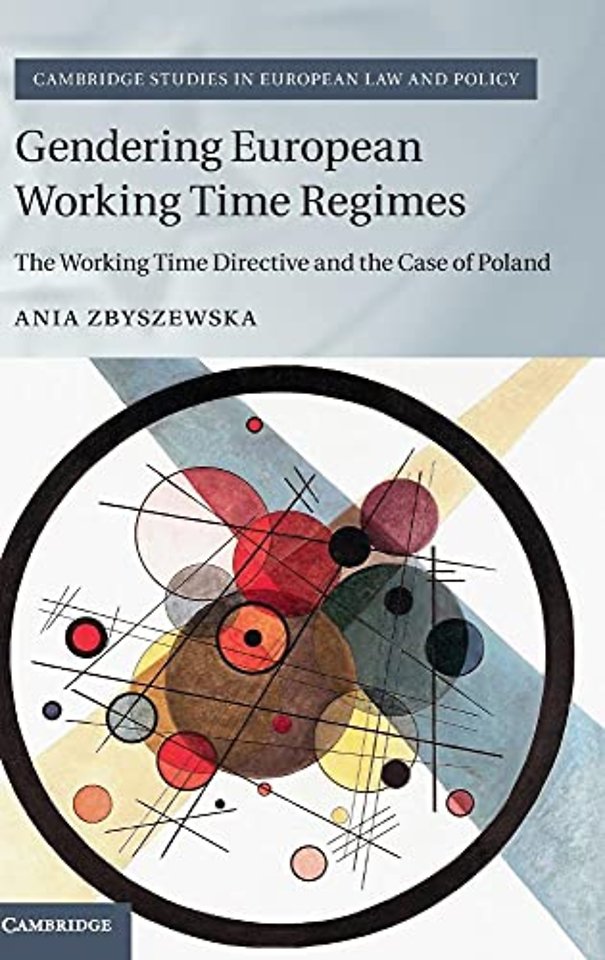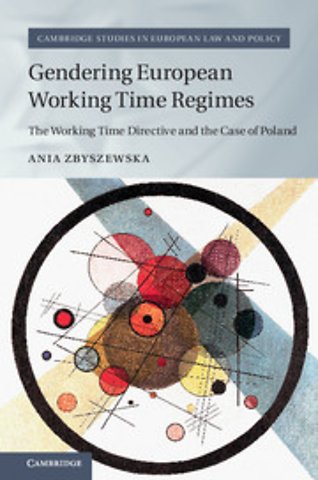Gendering European Working Time Regimes
The Working Time Directive and the Case of Poland
Samenvatting
The standard approach to regulating working hours rests on gendered assumptions about how paid and unpaid work ought to be divided. In this book, Ania Zbyszewska takes a feminist, socio-legal approach to evaluate whether the contemporary European working time regimes can support a more equal sharing of this work. Focusing on the legal and political developments surrounding the EU's Working Time Directive and the reforms of Poland's Labour Code, Zbyszewska reveals that both regimes retain this traditional gender bias, and suggests the reasons for its persistence. She employs a wide range of data sources and uses the Polish case to assess the EU influence over national policy discourse and regulation, with the broader transnational policy trends also considered. This book combines legal analysis with social and political science concepts to highlight law's constitutive role and relational dimensions, and to reflect on the relationship between discursive politics and legal action.
Specificaties
Inhoudsopgave
Net verschenen
Rubrieken
- aanbestedingsrecht
- aansprakelijkheids- en verzekeringsrecht
- accountancy
- algemeen juridisch
- arbeidsrecht
- bank- en effectenrecht
- bestuursrecht
- bouwrecht
- burgerlijk recht en procesrecht
- europees-internationaal recht
- fiscaal recht
- gezondheidsrecht
- insolventierecht
- intellectuele eigendom en ict-recht
- management
- mens en maatschappij
- milieu- en omgevingsrecht
- notarieel recht
- ondernemingsrecht
- pensioenrecht
- personen- en familierecht
- sociale zekerheidsrecht
- staatsrecht
- strafrecht en criminologie
- vastgoed- en huurrecht
- vreemdelingenrecht

